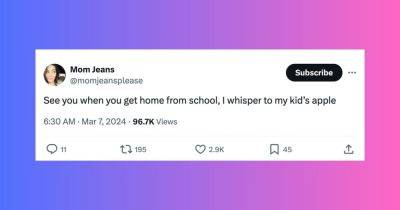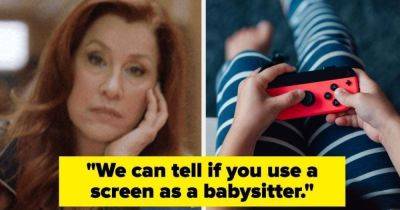Recent Parental Guidance Suggestions Seem Hopeless In A World With Book Bans
To hear some adults tell it, adolescents are exposed to troubling and inappropriate messages found in many children’s and young adult books, TV, and film. But one look at the staggering (and growing) list of banned books will give you a sense of what thosemessages are:
1982’s “The Color Purple” by Alice Walker, a sprawling novel about a queer Black girl who overcomes decades-long physical and sexual abuse through the love and support of Black women. 2019’s “Gender Queer: A Memoir” by Maia Kobabe, an illustrated story of a young protagonist exploring their identity outside the binary. 2009’s “Tricks” by Ellen Hopkins, the tale of a group of teenagers who fall prey to drug use and turn to sex work. 2017’s “Dear Martin” by Nic Stone, the story of a Black teenage boy who’s wrongfully arrested and grapples with racial injustice and Martin Luther King Jr.’s legacy. 2006’s “Sold” by Patricia McCormack, a story about a young girl who is sold into slavery in India.
These narratives are not completely unrelated to many young readers’ real-life experiences — and a quick glance at the news or reading the words of young people themselves could confirm that.
In “The ABCs of Book Banning,” the Oscar-nominated short documentary from directors Sheila Nevins, Trish Adlesic and Nazenet Habtezghi, young people reveal their frustrations with the draconian concept of restricting their access to literature.
The argument from the adult side has often been that book bans, or rulings like the British Board of Film Classification’s recent decision to increase the rating of the 1964 family film “Mary Poppins″ from “U” for Universal to PG due to “discriminatory language,” are necessary to protect kids.
But are either of these tactics effective







